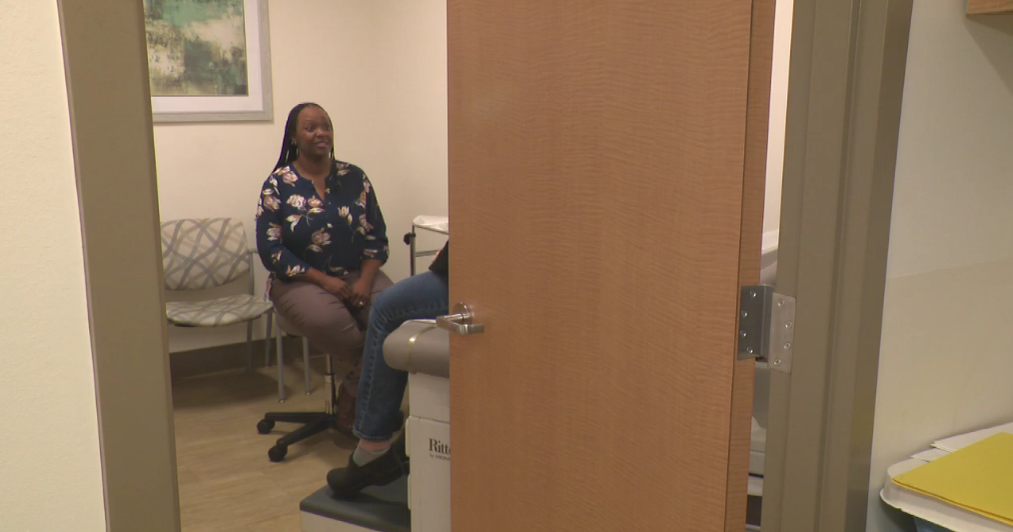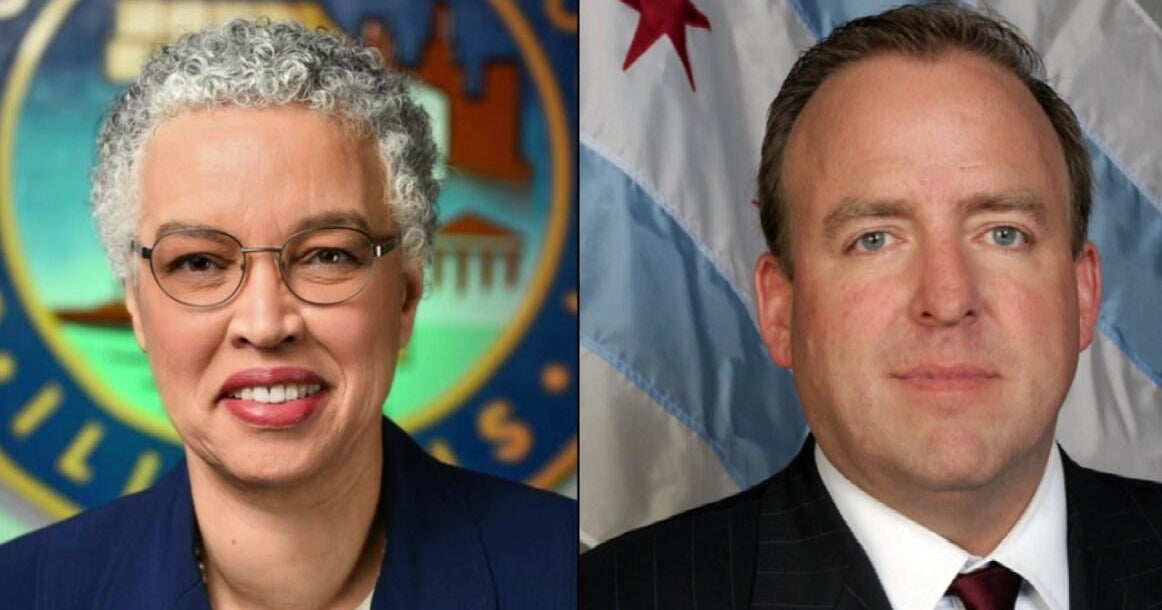Doctors Ignore Advice On Sore Throats, Bronchitis
CHICAGO (AP) — Repeated warnings that antibiotics don't work for most sore throats and bronchitis have failed to stop overuse: Doctors prescribed these drugs for most adults seeking treatment at a rate that remained high over more than a decade, researchers found.
The results are in two analyses of national health surveys from the late 1990s to 2010, representing more than 2 million annual visits to doctors' offices or emergency rooms.
Antibiotics can have bad side effects, including stomach pain and severe diarrhea, and inappropriate prescriptions put patients at needless risk. The practice also can cause drug-resistant germs.
The findings show reducing inappropriate prescribing "is frustratingly, disappointingly slow," said Dr. Jeffrey Linder, a physician-researcher at Harvard Medical School and Brigham and Women's Hospital. He did the research with Brigham colleague Dr. Michael Barnett.
Dr. Reid Blackwelder, president of the American Academy of Family Physicians, said part of the problem is old prescribing habits that didn't change when evidence emerged showing most sore throats and bronchitis are caused by viruses; antibiotics only treat infections caused by bacteria, not colds, flu and other illness from viruses. Illnesses antibiotics can treat include bacterial pneumonia, most urinary infections, some types of eye and ear infections, and some types of food poisoning.
Patients' demands and doctors' time pressures also play a role: It's often easier to prescribe an antibiotic than to take time to explain why they don't work for some illnesses, Blackwelder said.
"We've all done it," he said.
Dr. Ed Septimus, a professor at Texas A&M Health Science Center in Houston, said development of more rapid testing to identify germs that cause sore throats or bronchitis could help curb the practice.
The research was being presented Thursday at an infectious diseases meeting in San Francisco.
One analysis found that antibiotics were prescribed at 60 percent of primary-care and emergency room visits for sore throats in 2010, a rate that didn't budge over 10 years but was down from about 70 percent in the 1990s. That study was also published online Thursday in JAMA Internal Medicine.
In an editorial, Dr. Rita Redberg, the journal's editor, noted that only about 10 percent of sore throats are caused by strep bacteria — which antibiotics can treat.
The second analysis found antibiotics were prescribed at 73 percent of all visits for bronchitis in 2010, a rate that didn't change from 1996. Only rare cases of bronchitis are caused by bacteria.
Bronchitis "just needs to take its time to run its course, which can be frustratingly long," sometimes three weeks or more, Linder said.
Some over-the-counter cough medicines can help bronchitis; gargling with salt water can help sore throats, and rest and fluids can help both, he said.
Copyright 2013 The Associated Press. All rights reserved. This material may not be published, broadcast, rewritten or redistributed.







